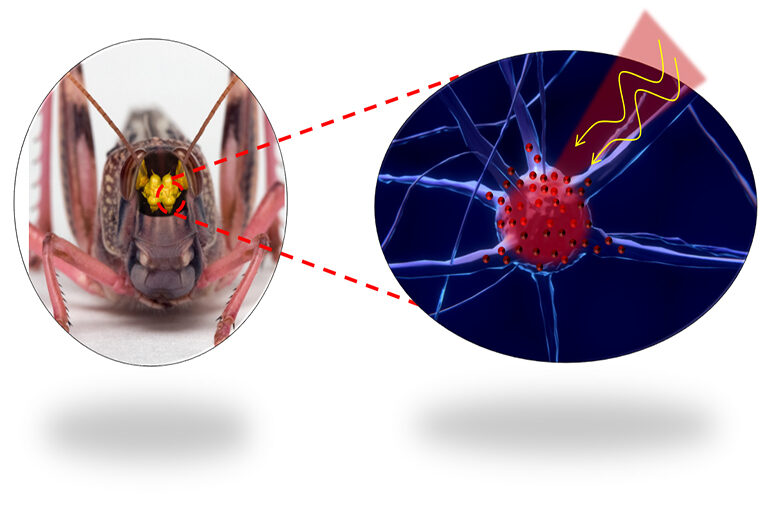The neurons in our brains are its basic computational units analogous to a computer transistor. They process information and send and receive messages to and from the rest of our bodies. Engineers from the McKelvey School of Engineering at Washington University in St. Louis want to know if they can control certain neurons using nanotechnology to better understand behavior and disease.
Srikanth Singamaneni, professor of mechanical engineering & materials science, and Barani Raman, associate professor of biomedical engineering, will combine their expertise in nanotechnology and neuroscience to develop an innovative toolkit that they anticipate will provide control of neural activity in the brain. They have received a four-year, $678,000 grant from the Air Force Office of Scientific Research to conduct the research.
Initial work was funded by a seed grant from the university’s McDonnell Center for Systems Neuroscience in 2015 and from a Collaboration Initiation Grant from the McKelvey School of Engineering in 2016.
In essence, the team will create heating elements on the nanoscale to efficiently convert light at specific wavelengths into heat. This effect is both rapid and local ensuring minimal damage to the tissue in which the nanoheaters will be embedded. The team will target certain neurons using antibodies specific to the receptors on the surface of neurons. Such a technique is unique in the field.
